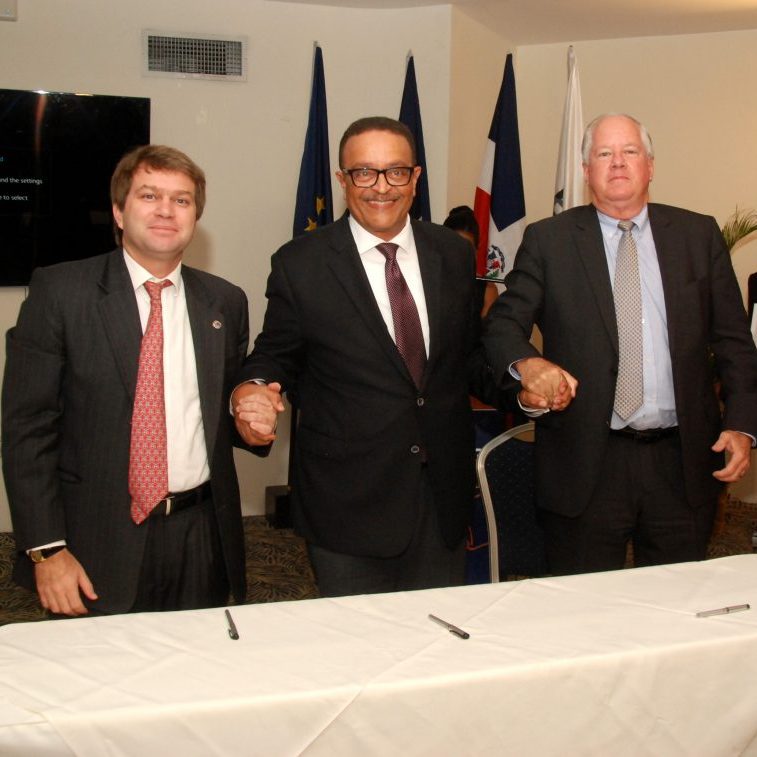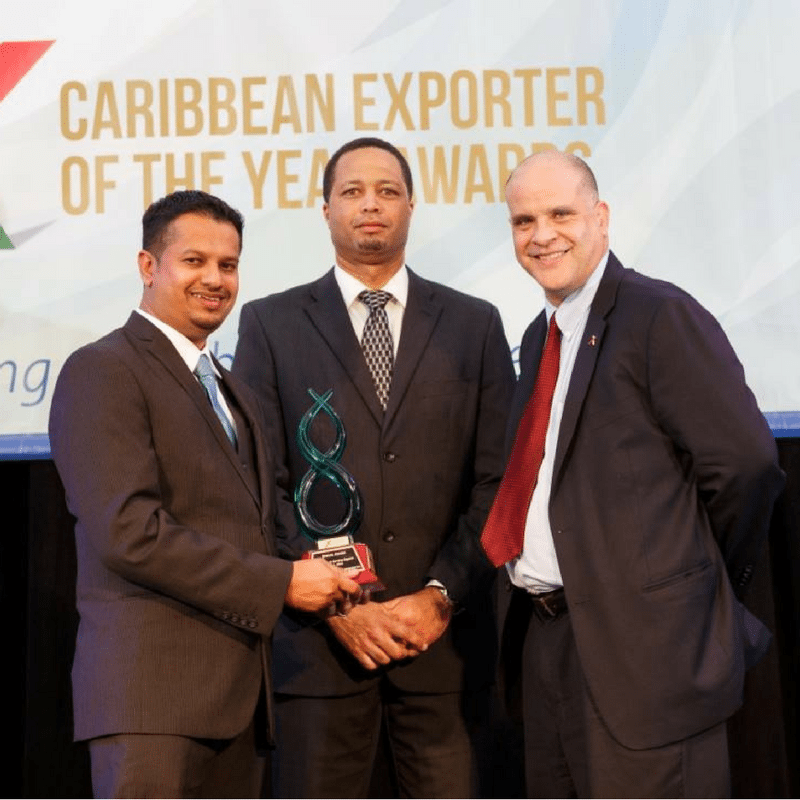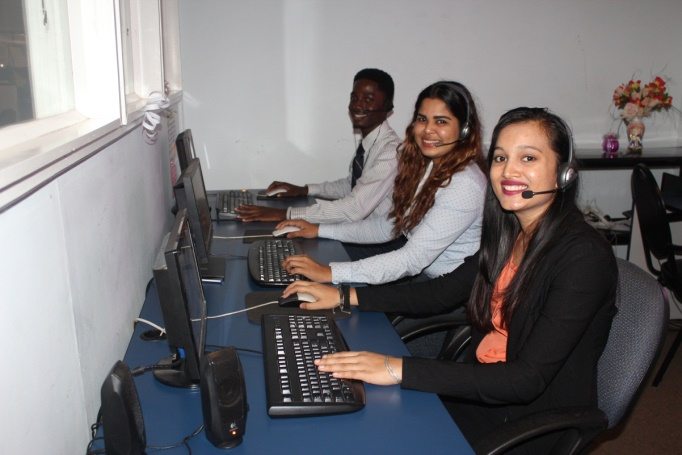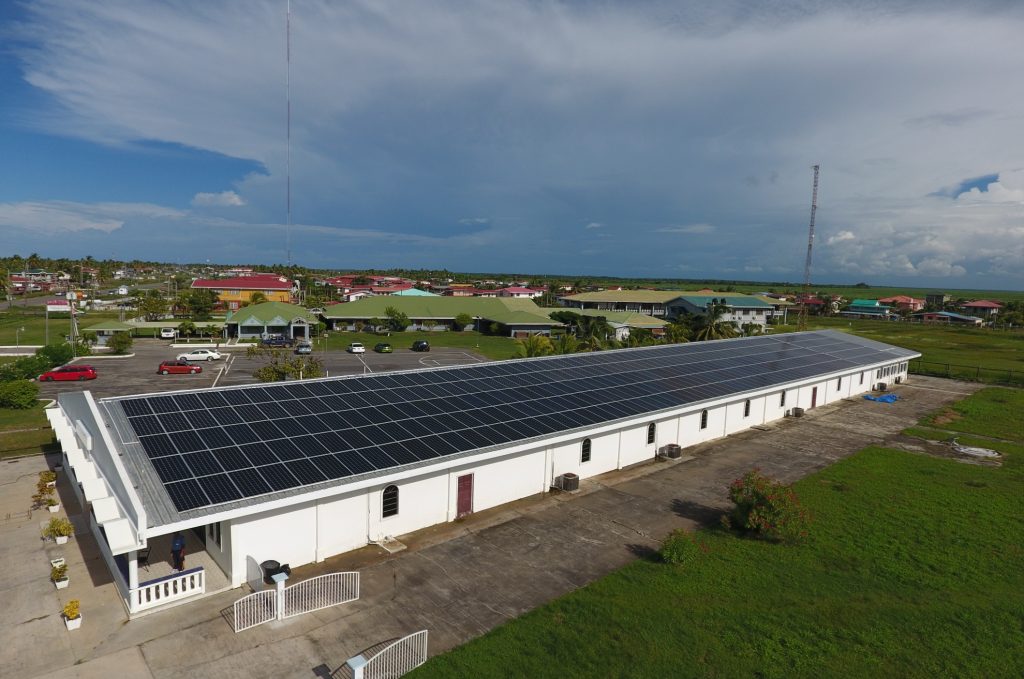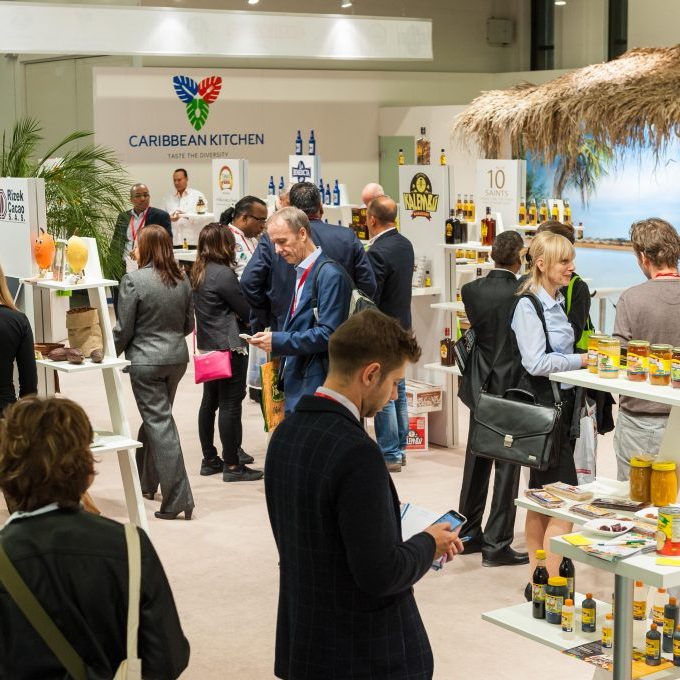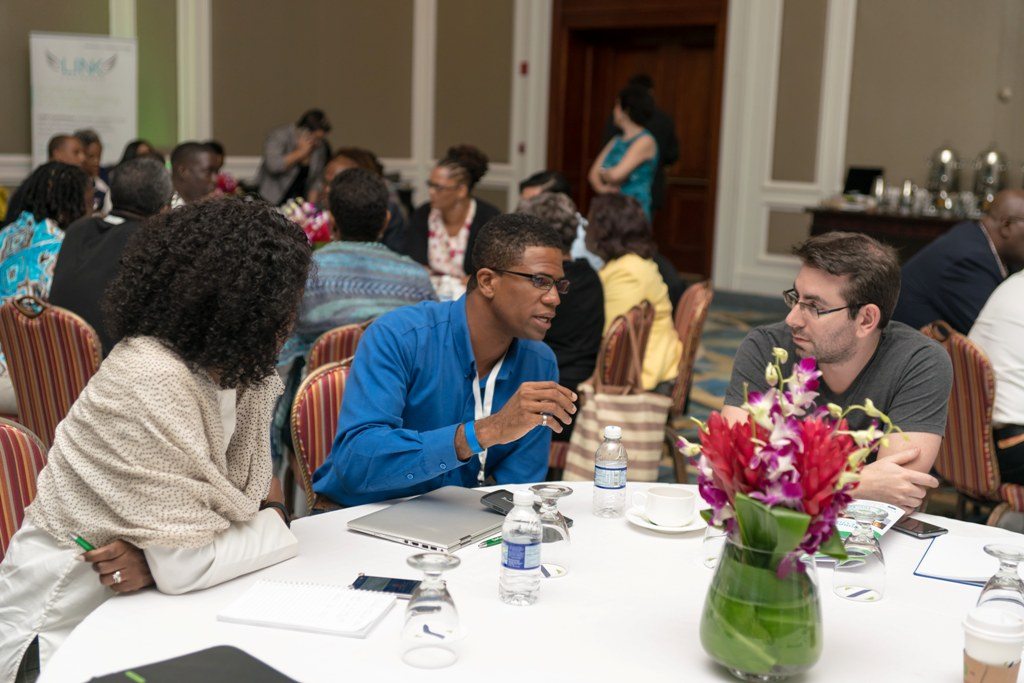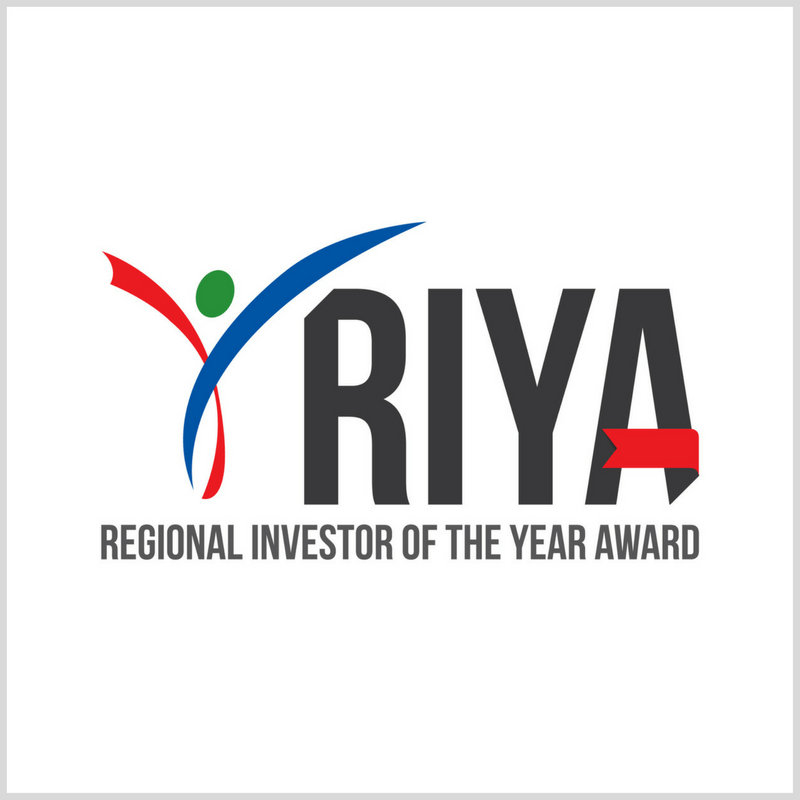How can I prepare a compelling pitch deck that can get the attention of investors? What content should I include, and how should I deliver it?
These are some of the questions that Gerard Thomas, co-founder of Launch RockIT in Trinidad, tried to answer in a webinar hosted by LINK-Caribbean on “How to create a winning pitch deck.â€
“Entrepreneurs have great ideas, but sometimes they don’t know how to get it on paper. The secret is in the story and how well you can tell it with a successful outcome, whether it is to attract investors, employees, sell a product or educate an audience,†he said.
Thomas is a start-up and tech junkie whose mission is to show the world that Caribbean entrepreneurs can turn great ideas into amazing companies. He is the project officer and country advisor for Trinidad and Tobago for the LINK-Caribbean Program. LINK-Caribbean is an initiative of the World Bank Group/infoDev’s Entrepreneurship Program for Innovation in the Caribbean (EPIC), sponsored by Canada, that aims to promote the development of an organized angel investment ecosystem in the Caribbean.
Here’s Thomas’ guide to creating a winning pitch deck:
Customize your presentation for your audience
The key thing is to know your audience. Write your story in tweet form. The objective is for the investor to say, “I am interested.†Your presentation should be customized depending on who the audience is and the medium through which they will receive it. If the presentation is for an investor who will be receiving it via a monitor such as a tablet or a computer, then your presentation should be self-explanatory, clear, and concise in a bullet format that is easily digestible.
If you are presenting directly to an audience of investors or judges, then your presentation should be very visual, with limited text. It should complement what you say. Generally, you should have 10-20 slides. Observe the 7×7 rule: no more than seven lines of text and no more than seven words per line. There should be no paragraphs. Keep the information clear, simple, and succinct. Never read your slides to an audience. Speak over your slides. Above all, practice. Practice gives you confidence so that you can get a sense of comfort. Make sure you provide enough information to get the investors’ attention and encourage them to ask for more.
Must-have slides
Investors need to get an understanding of who you are, what you are talking about, and that you understand your market. Here are some of the slides you must have in your winning pitch deck.
1. TitleÂ
Highlight your company name with a one to two-line description or a simple tagline that grabs the reader’s attention, for example, Airbnb’s early slogan, “Book rooms with locals, rather than hotels.â€
2. Problem
What is the problem? Describe how you know there is a problem, what the market needs, and the cost of the problem. Label it as a problem and an opportunity. Show how you identified the problem. For example, did you see it, experience it or hear complaints about it?
3. Solution
Discuss how your product or service solves the market problem. Identify three to four key benefits and examples of the solutions. For example, will customers save money with your solution?
4. Market demand
Can your market grow? Be sure to quantify your market by size, segments, and sales; for example, does it include mostly young people or adults? Explain the attributes of target customers and the need for your product or service.
5. Business model
Explain how you will generate revenue and growth. For example, Airbnb stated, “We take a 10% commission on each transaction.â€
6. Competition
Create a comparative slide showing your competitors, where they are, and their fees. Acknowledge the risk of inertia and the status quo. Describe the strongest barrier that can prevent people from coming into your business. Be wary of showing cognitive bias, wherein you think you are better than your competitors.
7. Sales and marketing
State how you will market your business. Will you be using social media or some other strategy, such as a direct sales force? What is your typical sales cycle? Explain how you will acquire new customers. Pay attention to pricing. The price of your product must be more than the cost to acquire the customer. Within three to six months you should be able to recover the cost of securing or acquiring the customer.
8. Management team
Show the strength of your team. Don’t downplay the strengths of other people on your team to focus on yourself. Give credit to others. Highlight the attributes of your board of advisors, if you have one, and key employees, if you have any. Employees make your company more attractive to investors as they show you can manage a team.
9. Company status
Explain where you are now and where you want to go. What are your sales to date in units and number of clients? If you have customers, leverage them through testimonials.
10. Financial projections
Sometimes financials can be overwhelming. Some entrepreneurs shy away from financials as they are unable to fully understand and explain them. At the very least, know where your income is coming from and have a good grasp of your expenses. Focus on the bottom line. Know where capital is needed, break-even, and profitability. Highlight income streams.
11. Investment strategy and use of funds
Indicate how much money you are seeking from investment and how you are going to use those funds. How do you value your company? Sometimes you can leave out the valuation to promote discussion and negotiate. Indicate how else the investor can assist you. What kind of non-monetary assistance would you like to receive from your investors? For example, what advice can they offer to further build your business and reach key milestones?
12. Risk assessment
Know your potential for failure. Investors know that entrepreneurs’ companies are risky. Share information about your market as honestly as you can. Strive to strike a balance between optimism and realism.
13. Return on investment
Be specific about exit options. For acquisitions, identify potential buyers. State why they should be interested and show how they will get back their return. This does not have to be monetary.
14. Intellectual property
Investors love intellectual property. Show how you can monetize it.
Finally, never say “this is the best deal you will ever see!†or “No one else does what we do! We have no competition!†Be confident, not arrogant. Make your story credible.
The Regional Angel Investor Network (RAIN) is now open with angels actively seeking start-up businesses to invest in. For further information, check out this valuable resource: https://slidebean.com/blog/startups/pitch-deck-presentation-complete-guide
About LINK-Caribbean
LINK-Caribbean is a program aimed at promoting the development of an organized angel investment ecosystem within the Caribbean. Implemented by the Caribbean Export Development Agency, LINK-Caribbean is an initiative of the World Bank Group/infoDev’s Entrepreneurship Program for Innovation in the Caribbean (EPIC), a seven-year, CAD 20 million program funded by the government of Canada that seeks to build a supportive ecosystem for high-growth and sustainable enterprises throughout the Caribbean.





